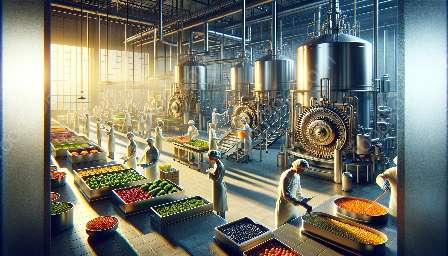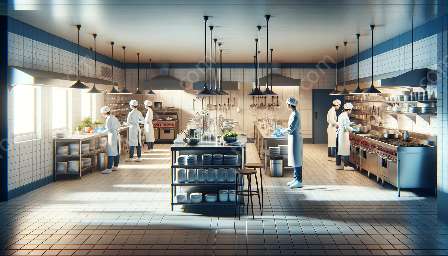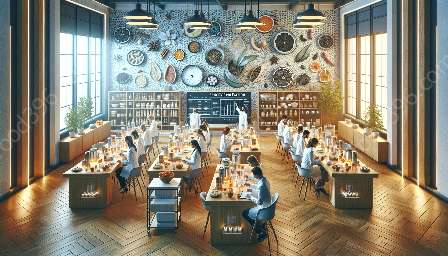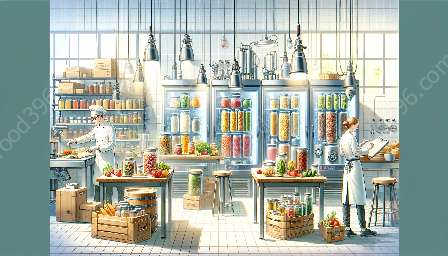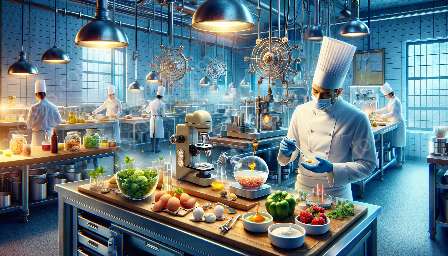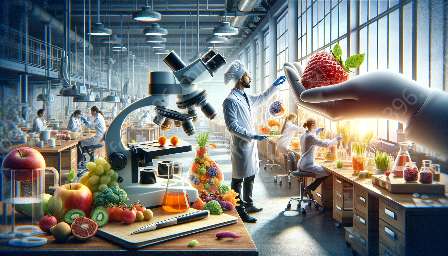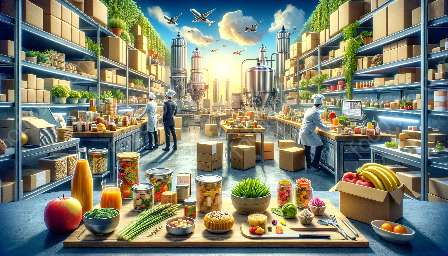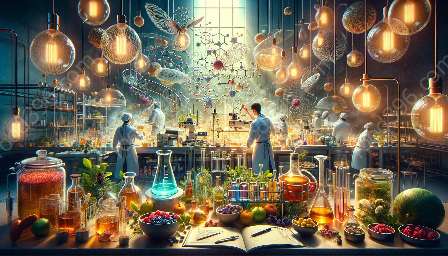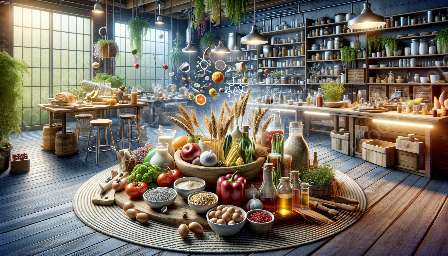Food technology is a dynamic and innovative field that plays a crucial role in shaping the future of culinary arts and the food and drink industry. It encompasses a wide range of disciplines, including science, engineering, and culinary creativity, to advance food production, processing, preservation, and packaging.
Understanding Food Technology
Food technology involves applying scientific knowledge and engineering principles to improve the quality, safety, and sustainability of food products. It combines traditional culinary skills with cutting-edge techniques and modern machinery to create innovative food solutions that meet the evolving demands of consumers.
Food technologists constantly explore new ingredients, processes, and tools to enhance flavors, textures, and nutritional profiles while ensuring food safety and shelf life. Their work impacts various sectors of the food and drink industry, including restaurants, food manufacturing, and food service businesses.
The Intersection of Food Technology and Culinology
At the intersection of food technology and culinology, creativity and science converge to drive culinary innovation. Culinology, a blend of culinary arts and food science, focuses on developing new food products that not only taste great but also incorporate the principles of food technology to ensure consistency, scalability, and mass production.
Culinologists work hand in hand with food technologists to experiment with diverse ingredients, cooking methods, and flavor combinations, leveraging scientific insights to create groundbreaking culinary experiences. By harnessing the power of food technology, they can optimize the sensory attributes and nutritional content of food products while maintaining the integrity of traditional recipes and culinary traditions.
Impact on the Food and Drink Industry
The influence of food technology reverberates throughout the food and drink industry, driving significant advancements in product development, manufacturing processes, and consumer experiences. From the production of sustainable plant-based alternatives to the implementation of precision fermentation and cellular agriculture, food technologists are pioneering solutions that address global food challenges.
Moreover, the fusion of technology and food has paved the way for innovative culinary trends, such as molecular gastronomy, 3D food printing, and smart packaging systems. These trends not only captivate consumers with their novelty but also offer practical advantages in terms of efficiency, waste reduction, and personalized nutrition.
Future Prospects and Innovations
The future of food technology holds immense potential for transformative innovations that will redefine the way we produce, consume, and experience food. Advancements in robotics, artificial intelligence, and biotechnology are poised to revolutionize the culinary landscape, leading to the development of autonomous kitchens, personalized food solutions, and sustainable food production systems.
Furthermore, the emergence of precision nutrition, where personalized dietary recommendations are tailored to individuals based on their genetic makeup and health profiles, represents a promising frontier in the convergence of food, technology, and health.
Conclusion
Food technology continues to shape the realms of culinology and the food and drink industry, offering endless possibilities for culinary creativity, sustainable production, and enhanced consumer experiences. As we embrace the synergies between food, science, and technology, we are poised to embark on an exciting journey towards a future where the boundaries of culinary innovation are transcended, and the art of food reaches new heights.


